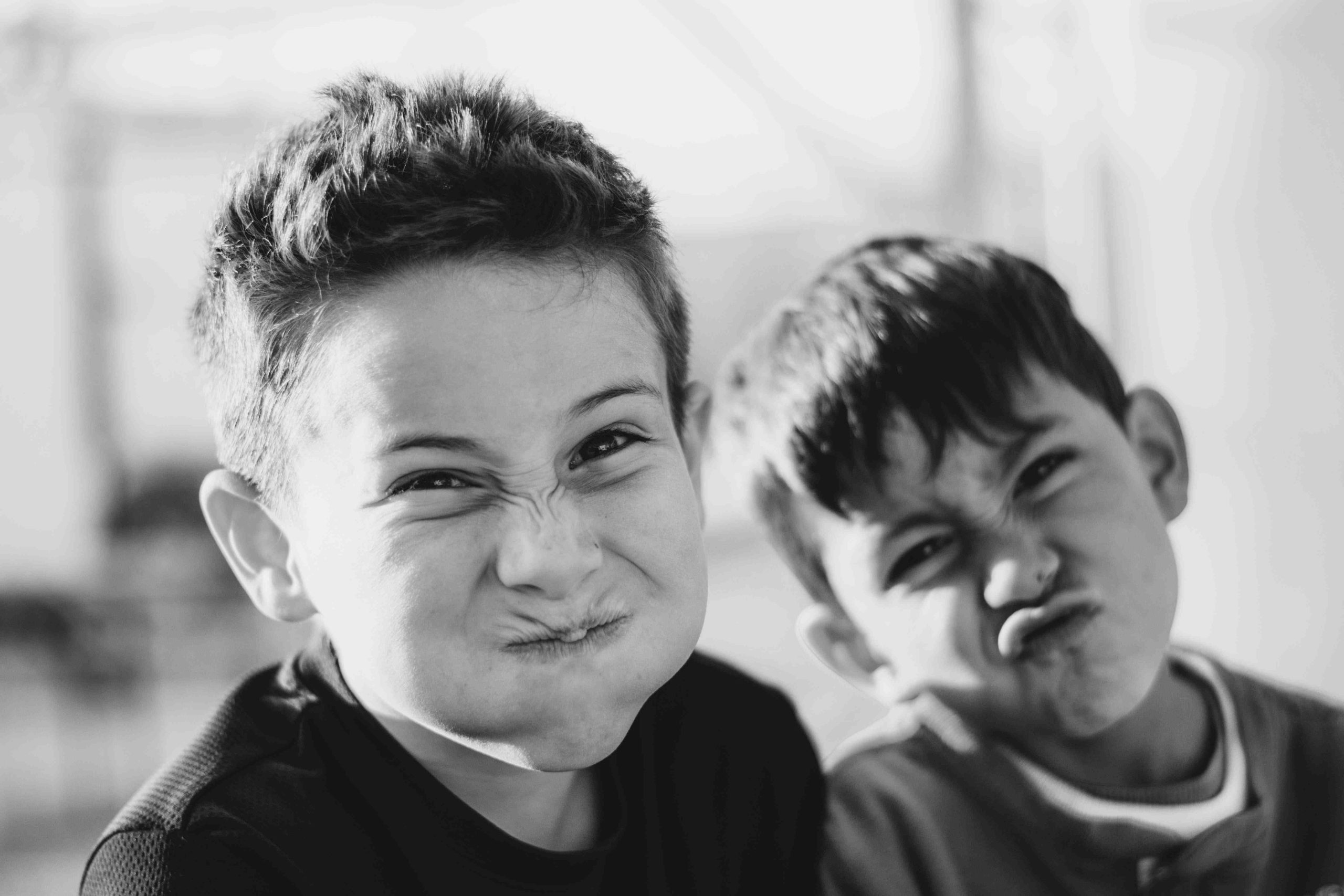
Resources to help students make and keep friends
June 4, 2018

At this time of the year peer acceptance and friendship issues often come to a head, requiring teacher support to assist children to manage and resolve their difficulties.
Whatever the time of the year, children and adolescents who find it difficult to make friends frequently feel lonely and unhappy. They are also at risk of poorer outcomes at school.
Children with no friends are more likely to suffer from depression and anxiety, and more likely to be harmed by experiences of victimisation and rejection,[1] The power of friendship: Protection against an escalating cycle of peer victimization.Hodges, Ernest V. E.; Boivin, Michel; Vitaro, Frank; Bukowski, … Continue reading than those who have at least one friend.
Having just one supportive, loyal, trustworthy friend can promote the development of resilience, [2]Graber, R., Turner, R. and Madill, A. (2015), Best friends and better coping: Facilitating psychological resilience through boys’ and girls’ … Continue reading which can play a protective role in managing relationships with a difficult peer or peer group, or instances of bullying. Hence, assisting children to develop and maintain at least one close friend is an important part of school life.
Close friends usually talk regularly, participate in a pro-social activity and learn social competence and conflict resolution skills. A sound friendship can provide a buffer against stress and stressful life events.
Who is at risk of friendship difficulties?
Sadly, about one in ten school-age children have no friends and are disliked by most classmates.[3]Asher, S.R., and Williams, G.A., (1996) Children without friends, Part 1: Their problems, research for the National Network for Child Care’s … Continue reading While this number may be larger than you might expect, and while there will always be exceptions, we have identified more than a dozen groups of students who can have difficulty making and keeping friends.
These groups include children who have:
- learning, communication and/or attention difficulties
- an intellectual disability
- a teacher’s aide in the classroom or playground
- issues with anger or aggression
- a reputation for being bossy, mean, annoying, hurtful or arrogant
- issues related to weight
- anxiety and depression
- a shy disposition
- information processing difficulties such as poor processing speed
- a reputation for frequently lying
- identified themselves as lesbian, gay, bisexual, transgender, intersex and questioning (LGBTIQ)
- multiple absences from school
- extraordinary or unusual talents or giftedness
- perceived differences from school and/or community norms.
Our new Psych4Schools ebooklet, Working with children who have difficulty making friends describes practical classroom, group and individual strategies that address social inclusion, classroom and group organisation and activities, lunch and break times, playground support plans, social skills, conflict resolution, toxic friendships/frenemies and more.
The ebooklet is part of a larger package of resources available free for Members to download from the Psych4schools website. The package includes:
- Social skills dice. Printable templates to use in a social skills game. You can add your own questions to the template or use ready-made dice with groups or pairs. The game prompts children to share pro-social thoughts about how they cope with emotional challenges.
- Making friends questionnaire. This resource provides statements or phrases to help individuals identify areas they need to work on, assisting teachers to talk with the child about the skills they might need help with.
- Social skills for children with additional friendship needs. This guide contains practical advice, activities and strategies for children who require additional friendship assistance across 10 skill areas, associated with social competency, friendship, peer acceptance, emotional literacy and regulation.
- Behaviour support strategies – Helping children with no or few friends. The strategies can be used as part of general teacher practice or more formally through the establishment of individual learning plans, behaviour support plans, student management plans or whole school management plans.
- Parent handout – What parents can do to help their child with friendships. A three-page handout, with frank guidance across twelve key areas, including actions to assist with change. Parents who can talk things through with their child and provide them with opportunities to independently practice skills in social situations can be powerful in assisting their child with friendships.
Teachers have a vital role to play in fostering the acquisition and development of friendship skills in their students. Appreciating the nature and importance of friendship, and implementing strategies to support children experiencing difficulties will enable teachers to more effectively foster student learning and wellbeing.
We wish you all the best as you support your students in this important skill area.
Murray Evely and Zoe Ganim, Psych4Schools Psychologists
Image credit:Austin Pacheco
References
